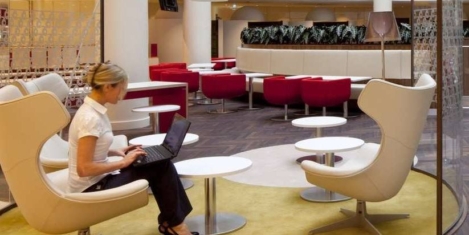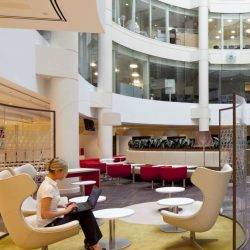April 7, 2017
New guide aims to advise employers on how to prepare for Brexit 0
 Sick of hearing about Brexit? Of course you are. Nevertheless, things have only just begin and we’d better get used to it so consultancy XpertHR has launched a new guide for UK employers on how to prepare for Brexit, after Prime Minister Theresa May triggered Article beginning the ‘divorce proceedings’. The guide, which the authors claim will be updated as negotiations between the UK and EU progress, focuses on how employers can prepare for potential changes to the right of free movement. It outlines the practical steps employers can take and suggests how they could support their European workforce in the UK. The report suggests that, while the Free Movement Directive, which allows European Economic Area (EEA) citizens and their dependants to live, work and study in any country within the EEA, will remain in force for the next two years, free movement is set to be a thing of the past with EEA nationals expected to become subject to an immigration regime under UK law.
Sick of hearing about Brexit? Of course you are. Nevertheless, things have only just begin and we’d better get used to it so consultancy XpertHR has launched a new guide for UK employers on how to prepare for Brexit, after Prime Minister Theresa May triggered Article beginning the ‘divorce proceedings’. The guide, which the authors claim will be updated as negotiations between the UK and EU progress, focuses on how employers can prepare for potential changes to the right of free movement. It outlines the practical steps employers can take and suggests how they could support their European workforce in the UK. The report suggests that, while the Free Movement Directive, which allows European Economic Area (EEA) citizens and their dependants to live, work and study in any country within the EEA, will remain in force for the next two years, free movement is set to be a thing of the past with EEA nationals expected to become subject to an immigration regime under UK law.









 It is two years since the introduction of Shared Parental Leave (SPL), where couples were given the ability to share leave surrounding the arrival of a new addition to their family; and while sharing leave is seen to have a profound beneficial impact for the family, there are still plenty of barriers. According to
It is two years since the introduction of Shared Parental Leave (SPL), where couples were given the ability to share leave surrounding the arrival of a new addition to their family; and while sharing leave is seen to have a profound beneficial impact for the family, there are still plenty of barriers. According to 








 Flexible working can increase employee job satisfaction and organisational commitment, but staff who work flexibly under an ad hoc arrangement appear to perform better than those who go through a more formal process, according to research from
Flexible working can increase employee job satisfaction and organisational commitment, but staff who work flexibly under an ad hoc arrangement appear to perform better than those who go through a more formal process, according to research from 















April 3, 2017
Brexit should be a chance for the UK to enshrine employment rights 0
by Chris Rowley • Comment, Legal news, Workplace
More →